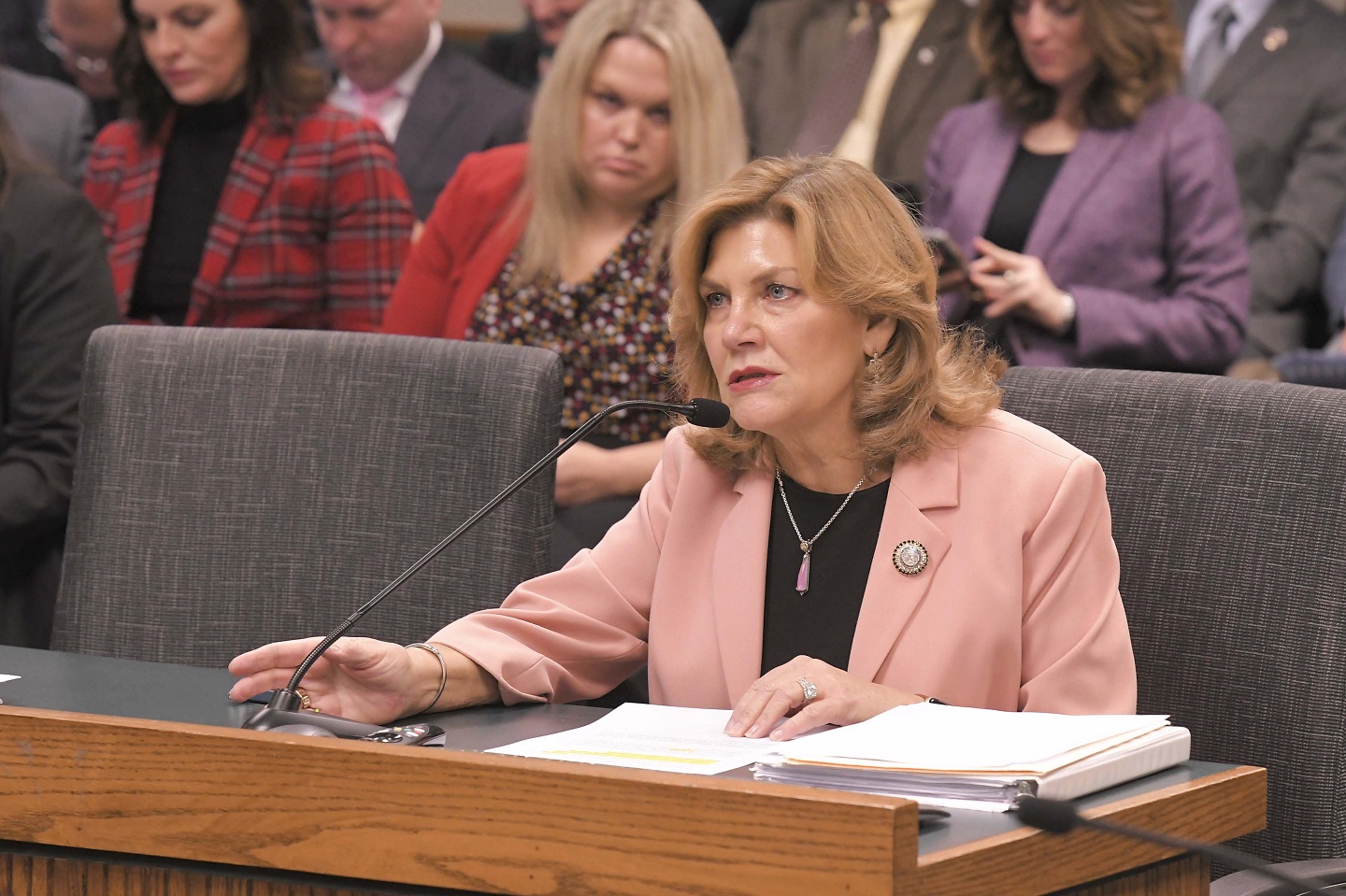A proposal aimed at expanding child care in Missouri, which received broad House support last year, is among the earliest of bills to be approved by a House committee this year.

Numerous supporters, including many from Missouri’s business organizations, testified at the hearing about what they say is a crisis facing the state’s employers and, therefore, the state as a whole.
“Perhaps the single greatest barrier to workforce participation today is the lack of child care resources,” said the chairman of the Workforce and Infrastructure Development Committee, Representative Louis Riggs (R-Hannibal).
Representative Brenda Shields’s (R-St. Joseph) House Bill 1488 would create three new tax credits, one of which is for employers who help fund child care for their employees, and one that is for providers who boost their employees’ salaries or improve their facilities.
Shields told the committee that 58 percent of businesses in Missouri report that child care is a barrier to recruiting employees, and 63 percent say it is a barrier to retaining employees. Parents says child care is often unavailable, and 43 percent of them say when it is, it is unaffordable.
She said her proposal would let communities respond to these issues in whatever ways best suit their needs.
Besides the economic issues, Shields said improving child care throughout Missouri would mean improving the lives of children in the state and offering stability to more of them.
The proposed Child Care Contribution Tax Credit would be for up to 75 percent of a contribution used to improve a child care provider’s facility, equipment, or services, or to improve the salaries of a facilities’ staff. The Employer Provided Child Care Assistance Tax Credit would be for up to 30 percent of child care expenditures paid by an employer. The Child Care Providers Tax Credit would be for up to 30 percent of the cost of improvements made by providers, such as facility or service expansion or employee raises.
Each program would be capped at $200,000 per taxpayer, and $20 million overall, however an additional fifteen percent would be allowed in areas considered “child care deserts,” regions of the state with the most acute discrepancies between children in need of care and availabilities.
In testifying about the high price of child care, Kara Corches with the Missouri Chamber of Commerce and Industry said that care for her one child last year cost more than $21,000. Upon hearing this, Representative Travis Wilson (R-St. Charles) said, “That’s with one child, so if a family has two children, even if they got a multi-child discount at a child care provider, they could still be looking at, say, $30,000 a year. I think that kind of makes the case all on its own.”
Corches said providers are not to blame.
One provider with three facilities in the Jefferson City area, Nicci Rexroat, told the committee, “We’re talking about middle class families with two kids who are paying $35,000 a year for early childhood [care]. We can’t raise our rates any more and our staff are still making well below what they deserve.”
Emily van Schenkhof with The Missouri Children’s Trust Fund, which works to prevent child abuse, reminded the legislators that the issue isn’t just about the workforce and the economy.
“All children deserve to have access to safe, quality child care and that is something that we are not doing right now,” van Schenkhof said.
Shields told the committee Missouri can afford these tax credits.
“It is estimated that Missouri’s economy last year lost $1.35 billion because we didn’t have enough workers. If we collected the tax on those employees … that’d be $280-million,” Shields told her fellows.
She noted that when the state tries to get businesses to come here, it touts its location, its access to multiple modes of transportation, and its infrastructure, but businesses want to know that they will be able to find employees, and that those employees’ ability to work will be supported.
“I truly believe if we solve the child care crisis … businesses will flock to our state,” Shields said.
Last year’s version of Shields’ legislation was voted out of the House 133-20 but it stalled in the Senate. She hopes it will fare better this year.
The committee this week voted 10-0 to advance Shields’ bill.